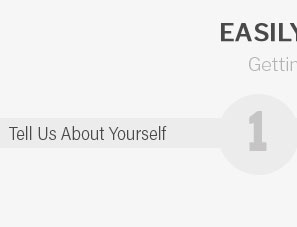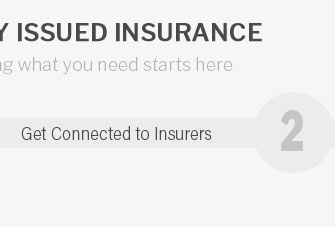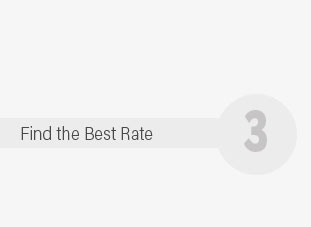 |
 |
 |
|---|
 |
 |
 |
 |
|---|
 |
 |
 |
 |
 |
 |
|---|

The Quest for the Cheapest Health Insurance: A Comprehensive Beginner's GuideIn today’s fast-paced world, finding affordable health insurance can feel like searching for a needle in a haystack. With a plethora of options available, it's imperative to navigate this complex landscape with a keen eye and a well-informed perspective. Whether you're a recent graduate stepping into the workforce or someone considering a change in your health insurance plan, understanding how to identify the most cost-effective options is crucial. This guide aims to illuminate the path towards securing the cheapest health insurance while ensuring you don’t compromise on essential coverage. First and foremost, it's vital to comprehend what health insurance entails. Essentially, it’s a contract that requires your insurer to pay some or all of your healthcare costs in exchange for a premium. While the concept is straightforward, the details can be intricate, with varying plans, coverage levels, and costs. When we talk about the 'cheapest' health insurance, we’re not just referring to the lowest premium. Instead, we consider the overall value, which includes deductibles, co-pays, network size, and out-of-pocket maximums. One of the first steps in your quest should be to assess your healthcare needs. Are you someone who visits the doctor frequently, or do you just need coverage for unexpected emergencies? Your lifestyle and health requirements will heavily influence the type of insurance you should consider. Additionally, your financial situation will dictate how much you can afford to pay in premiums, deductibles, and other associated costs. Once you have a clear understanding of these factors, you can begin exploring the available options. Marketplace Plans: The Affordable Care Act (ACA) provides a marketplace where individuals can compare different plans. These plans are categorized into tiers: Bronze, Silver, Gold, and Platinum. Generally, Bronze plans have the lowest premiums but higher out-of-pocket costs, whereas Platinum plans have higher premiums but lower costs when you need care. For those looking for the cheapest option, Bronze or Silver plans might be the most appealing, but it's crucial to calculate the total expected costs, not just the premium. Medicaid and CHIP: For those with low income, Medicaid is a government program offering free or low-cost coverage. Each state has its own rules about who qualifies. Similarly, the Children's Health Insurance Program (CHIP) provides low-cost coverage to children in families that earn too much money to qualify for Medicaid. These programs are excellent options if you meet the eligibility requirements, as they significantly reduce your healthcare costs. Short-Term Health Insurance: If you are in between jobs or waiting for another coverage to begin, short-term health insurance might be a suitable, albeit temporary, option. These plans often come with lower premiums but can lack comprehensive coverage and benefits, such as preventive care or pre-existing condition coverage. They are not ideal for long-term use but can bridge the gap in coverage. Health Savings Accounts (HSAs): Another avenue to explore is pairing a high-deductible health plan (HDHP) with a Health Savings Account (HSA). HSAs allow you to save money pre-tax for medical expenses, effectively lowering your healthcare costs. This combination can be advantageous for healthy individuals who don’t anticipate frequent healthcare needs. As you navigate through these options, it’s beneficial to utilize available tools and resources. Online calculators and comparison tools can provide estimates of costs across different plans based on your personal circumstances. Consulting with a licensed insurance broker or agent can also offer personalized guidance and insights. It’s important to note that while price is a significant factor, the cheapest plan is not always the best choice. Ensure that any plan you consider covers your necessary healthcare services and providers. A plan with lower premiums but a restrictive network or high out-of-pocket costs when you need care can ultimately be more expensive in the long run. In conclusion, securing the cheapest health insurance requires a balance between affordability and adequate coverage. With thoughtful consideration of your needs and a thorough exploration of available options, you can find a plan that offers financial protection without breaking the bank. Remember, the cheapest option is one that aligns with both your budget and healthcare needs, ensuring peace of mind as you navigate the uncertainties of life. https://www.nyc.gov/site/ochia/coverage-care/insurance-options.page
Medicaid - Child Health Plus - Essential Plan - Private Insurance/Qualified Health Plans - Family Planning Benefit Program - Family Planning Extension Program. https://www.nj.gov/getcoverednj/getstarted/compare/
When comparing costs, consider your total health care costs, not just the monthly premium. Out-of-pocket costs such as deductibles, co-payments, and co- ... https://www.nj.gov/getcoverednj/
Find which plans have your doctors, and compare plans and prices. You can ...
|
|---|